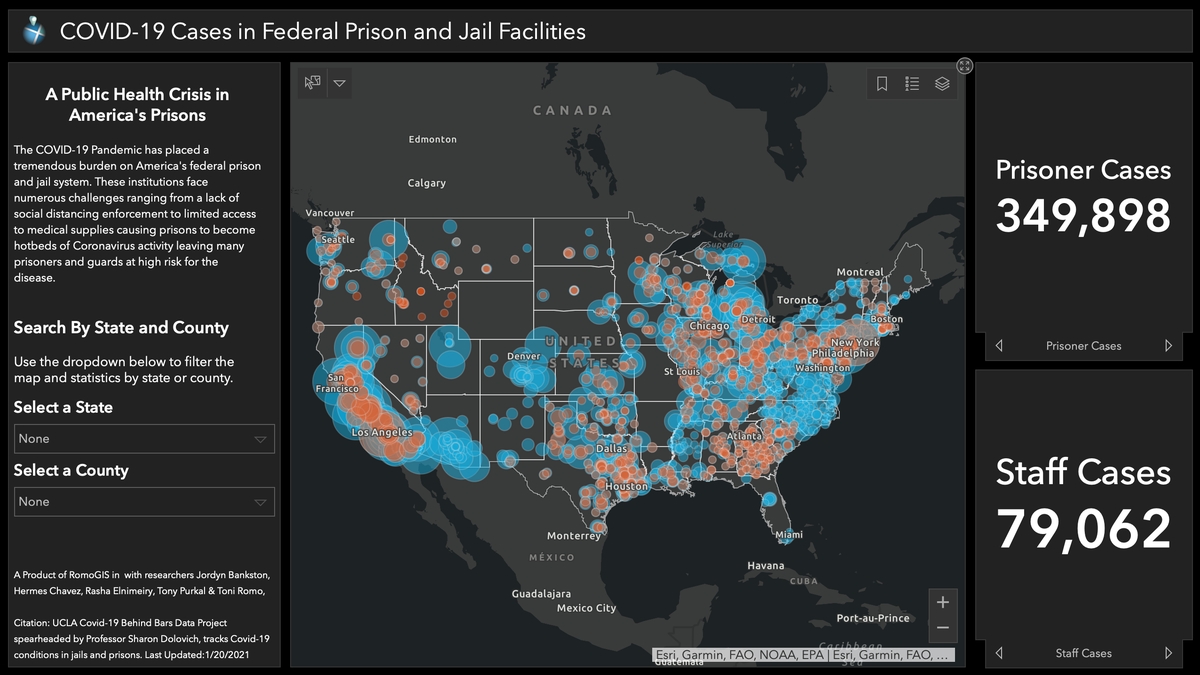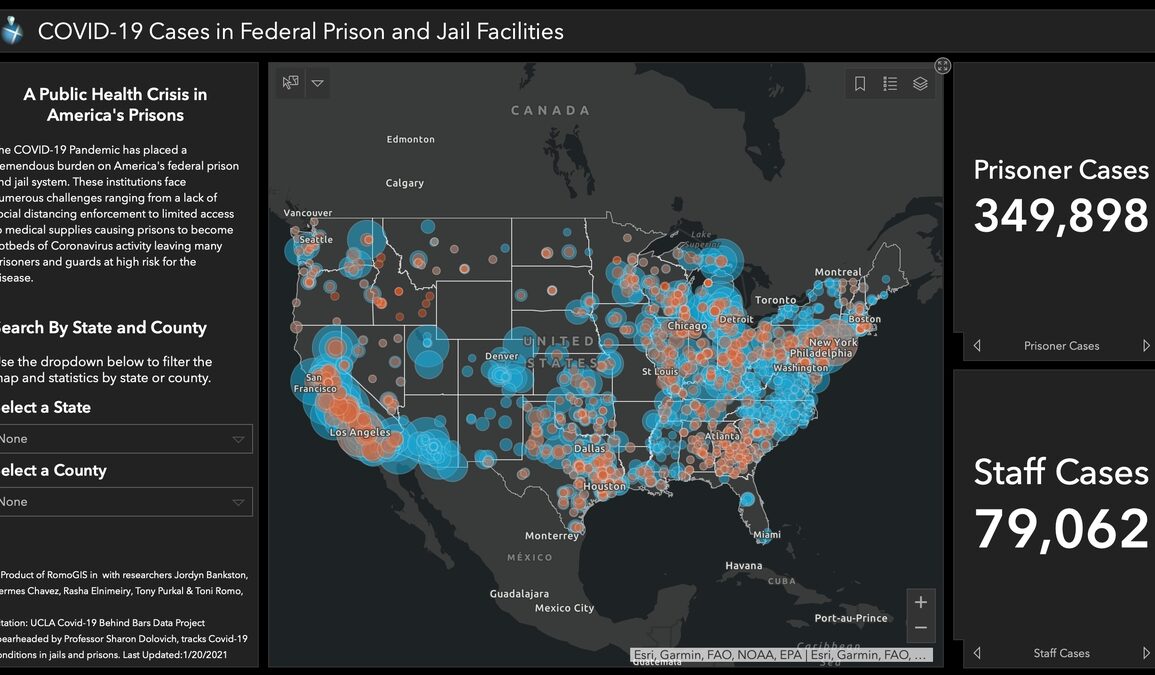
The ongoing COVID-19 pandemic has not only stressed global healthcare systems but has also shed light on the public health crisis within the US prison system. The conditions in American jails and prisons, as highlighted by health experts such as @LemastersKate and @dronlylbr, reveal a dire need for urgent and effective intervention.
Health Risks in the US Prison System
Within the US prison system, overcrowding is a significant issue that exacerbates health risks. The lack of access to proper healthcare and the increased risk of infectious diseases are pertinent problems that need to be addressed. The COVID-19 pandemic has only intensified these challenges, with the virus spreading rapidly in such confined spaces.
The Impact of COVID-19 on Prisons
COVID-19 has wreaked havoc in confined correctional facilities. The pandemic has led to extreme measures such as medical isolation, quarantine, and prolonged facility-wide lockdowns. While these measures are aimed at limiting the virus’s spread, they have adverse consequences. According to research, isolation policies have proven to be disruptive, detrimental to mental health, and dehumanizing for the incarcerated individuals. The lack of external oversight and data on these isolation practices further highlights the need for a systemic re-evaluation.
Mental Health and Substance Abuse Issues
US prisons and jails house a disproportionate number of people with current or past mental health problems. However, these facilities often fail to meet the demand for treatment, resulting in further exacerbation of mental health crises. Moreover, the involvement of police in responding to these crises frequently leads to violence or incarceration. The system also struggles with substance abuse issues, with contraband drugs and weapons often making their way into prisons. These factors contribute to a range of preventable deaths, including suicides, homicides, and drug overdoses.
The State of Federal Prisons
Several reports have highlighted widespread missteps and failures in federal prisons that have contributed to the deaths of hundreds of inmates. Failures in mental health care, emergency responses, and the detection of contraband drugs and weapons have been identified. Staff shortages and outdated equipment, such as camera systems, further exacerbate these challenges. Despite the decreasing inmate population in recent years, the number of deaths in federal prisons has been on an upward trend.
Need for Improvement
The Bureau of Prisons recognizes the need for improvements to reduce preventable deaths, screen for contraband, and prevent suicides. They have outlined steps to make opioid-overdose reversal drugs readily available in prisons and improve overall health care. However, the urgency and magnitude of the public health crisis in US prisons require targeted and effective interventions. This includes addressing health equity, strengthening pandemic response, and re-evaluating the current approach to incarceration.
In conclusion, the health crisis in the US prison system is a matter of grave concern that demands immediate and effective action. The COVID-19 pandemic has only underscored the urgency of this issue. As we navigate through and beyond the pandemic, it is crucial that the health and human rights of all individuals, including those incarcerated, are upheld and protected.
This post was originally published on this site be sure to check out more of their content.









